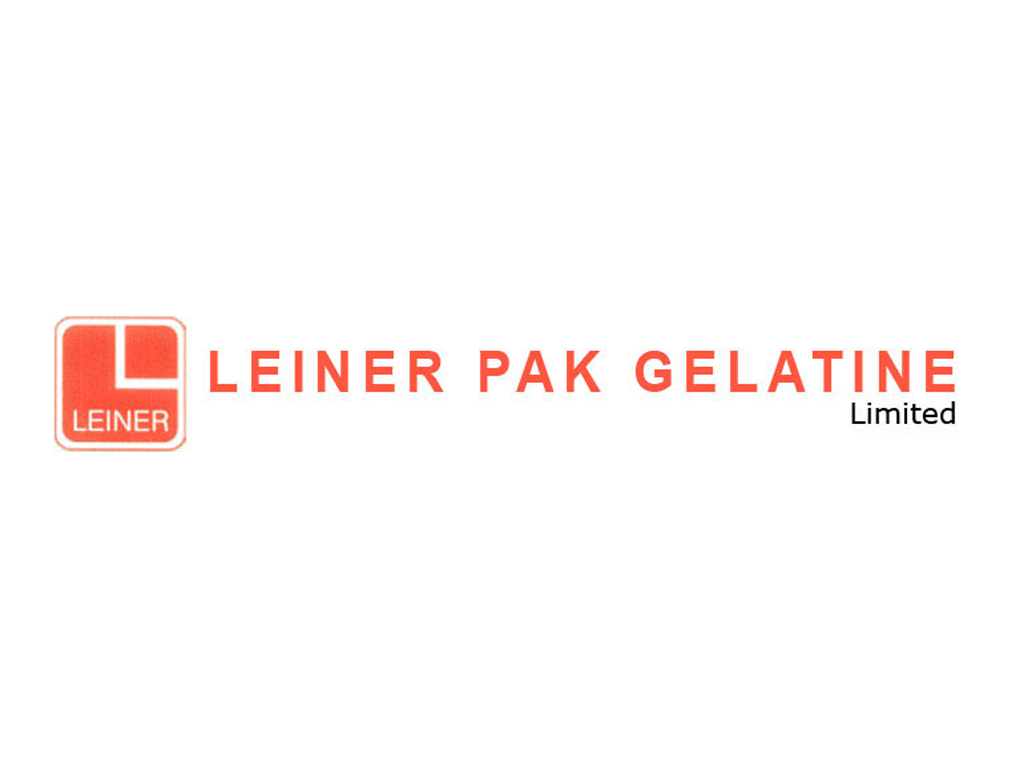Pakistan’s gelatin industry

A recent recorder report stated that two Pakistani establishments have been approved by the Malaysian government, namely Leiner Pak Gelatine Limited and Zenith Associates, to export meat and allied products to Malaysia.
A glance at the Trade Map data suggests that historically within Malaysia’s gelatin market, Pakistan is a key player in the region, whereas Malaysia is an important market for Pakistan’s gelatin and other bovine derived products. However, the Managing Director of Leiner Pak Gelatine Limited, Khwaja Imtiaz Ahmed, while speaking to BR Research said that it is not as simple.
Importers in Malaysia cannot import and companies cannot export without prior approval from the government; several regulatory authorities are involved in coordination and checks on both sides before giving approval. Previously three companies were permitted to export to Malaysia however, upon recent surveillance two of those have been dropped due to non-compliance of upgraded standards, leaving Leiner Pak as the sole approved establishment in the country to export bovine gelatin and other derived products to Malaysia.

Similar case was seen in India and Bangladesh whereby only one entity is allowed to export to Malaysia, lowering competition for Pakistan, which as it is, offers the best quality between the three countries. This not only lowers competition but allows Pakistan to capture the market share which is left untapped. This is evidenced by the fact that Leiner Pak which was previously exporting one to two containers in a month, are now exporting three to four containers, increasing their business activity by 75 percent.
It is not as rosy as it sounds since this industry like any other is not unaffected by challenges. For a large part of the decade the raw material for the industry, that is, the crushed bones of a bovine animal, are actually exported to China, which have resulted the price of raw materials in the local market to increase by 30 percent in the last year alone. With a hike in cost of production due to an important element such as this, it is but natural that the product does not remain as competitive in the international market. In the absence of a formal industry representative, there is only so much they can do about it.
Since the demand coming from Malaysia is essentially for a Halal product, this is a great prospect for Pakistan to give this industry a much-needed boost. The question is that with only one establishment being granted approval, how much contribution can it make to the total exports, given that it already is a mere $16 million industry. Lack of government support in terms of curtailing exports of raw materials, and a resultant lack of raw materials in itself, will continue to be a hurdle.






















Comments
Comments are closed.